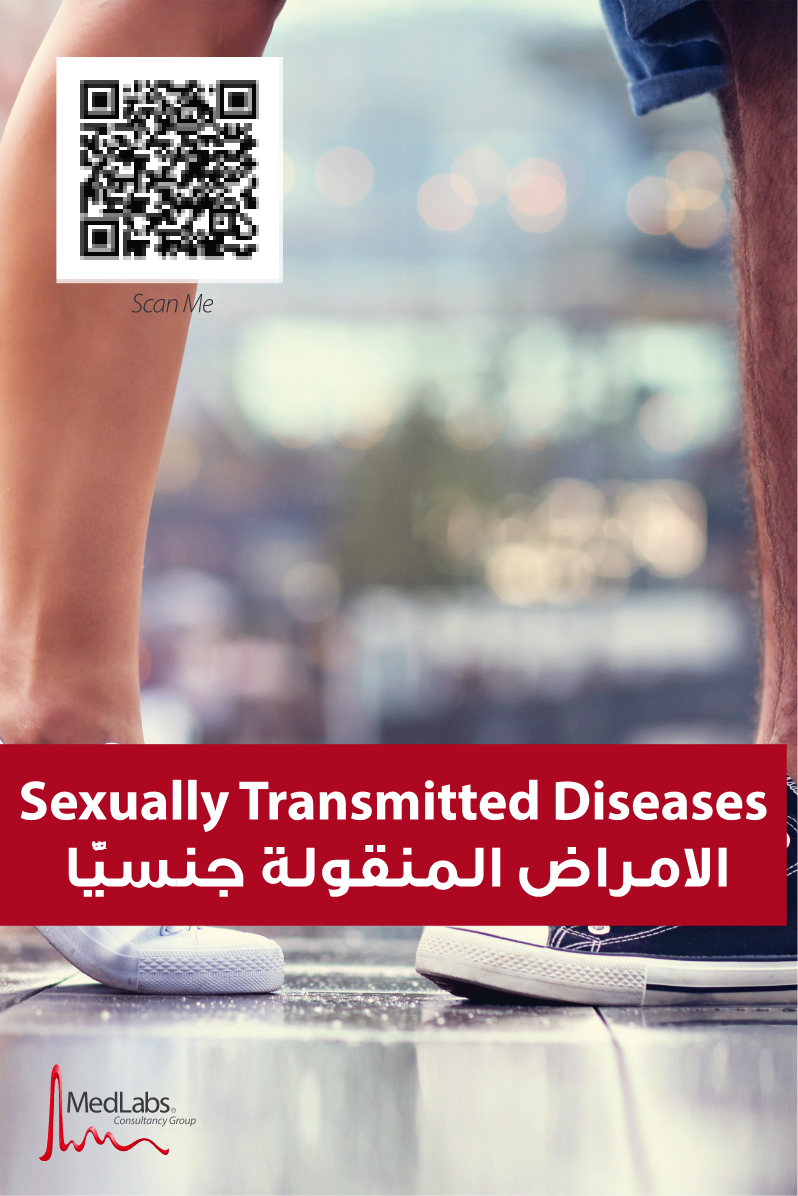
What are STDs?
Sexually transmitted disease (STD) is a term used to describe more than 20 different infections that are transmitted through exchange of semen, blood, and other bodyfluids; or by direct contact with the affected body areas of people with STDs. Sexually transmitted diseases are also called venereal diseases. Young women are most at risk of developing STDs. Almost all STDs exhibit no or similar symptoms, rendering clinical diagnosis difficult and unreliable in most cases. In recent years however, the advancement in diagnostic testing has been tremendous, especially at the molecular level of disease. As such, laboratory investigations are key in the definitive diagnosis of STDs.
What are the symptoms of STDs?
- Burning sensation in the urethra or pain when urinating
- Sores, bumps, rashes, warts or blisters in the genital or anal area
- Itching, pain, redness or swelling in the genital area
- Abnormal discharge from the vagina or penis
- Pain in the pelvic or abdominal area
- Pain, soreness or discomfort during intercourse, or bleeding after intercourse
- Persistent vaginal yeast infections
- Yellowing of the eyes and skin (jaundice)
What Can You Do to Prevent STDs?
- If you are a sexually active person, have regular checkups for STDs
- Have a sexual relationship with one uninfected partner
- Correctly and consistently use a male condom
- Avoid having sexual intercourse during menstruation
- Avoid anal intercourse, or use a male condom
- Delay having sexual relations as long as possible.
The younger people are when having sex for the first time, the more susceptible they become to developing an STD. The risk of acquiring an STD also increases with the number of partners over a lifetime
As a parent or teacher, educate teenagers on safe sexual behaviors
What should you do if diagnosed with STDs?
- Be treated to reduce the risk of transmitting an STD to another person
- If breast feeding ,discuss with a doctor the possible risk of transmission in breast milk and whether commercial formula should be substituted.
- Notify all recent sex partners and urge them to get a checkup
- Follow the doctor’s orders and complete the full course of medication prescribed.
- Follow-up with a test to ensure that the infection has been cured
- Avoid all sexual activity while being treated for an STD





